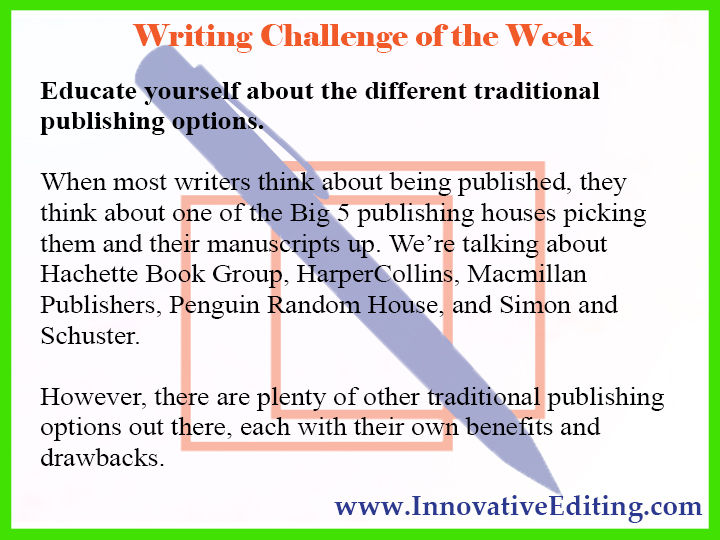A Few Extras About Getting Traditionally Published
- Jeannette DiLouie
- Aug 3, 2017
- 3 min read

I know I gave you the very basics on Tuesday about what it's like to be traditionally published. But there’s so much more to explore on the subject. Which is why you really, really really need to educate yourself about the different traditional publishing options out there.
When most writers think about being published, they think about one of the Big 5 publishing houses picking them and their manuscripts up. We’re talking about Hachette Book Group, HarperCollins, Macmillan Publishers, Penguin Random House, and Simon and Schuster.
Those are the big leagues, which are typically associated with loads and loads of money, international fame and adoring fans. Maybe even a few little guest spots on some writing-related TV show like the now folded Castle.
We’ll go more in-depth on that in a minute. Right now, however, it’s important to recognize that there are plenty of other traditional publishing options out there, each with their own benefits and drawbacks.
You see, beneath the Big 5 is a whole host of not-Big-5 publishers of varying degrees. Most of the midsized companies are actually subsets of the Big 5, bought up over the years through acquisitions and mergers. But there are still a number of free-standing “little guys” who might very well be worth a look.
What do they offer vs. the industry giants?
Let’s have a look…
Big 5 Benefits
Much bigger signing bonuses and royalties – sometimes. If you manage to get one of these lauded publishing contracts, there’s a chance you could get a really great upfront price for your manuscript (the signing bonus) and a really great cut of any and every book that sells (royalties).
But there’s only a chance. There is no guarantee, since Big 5 publishers sometimes just buy up manuscripts to round out their catalogs. And mere filler material doesn’t warrant huge amounts of money.
Much more marketing help – sometimes. Once again, this depends on whether the publishing company in question thinks it will be able to make tons and tons of money off of you or not. If it thinks it’s going to make a million or two on your manuscript, then it’s not going to blink at spending a nice chunk of change on marketing you to the moon and back.
Much greater editorial oversight – sometimes. This one is even more iffy than the other two factors. I’ve seen far too many poorly edited best-seller books by now. Oh, the spelling and grammar might be polished, with every i dotted and every t crossed. But the plot? The setting? The characters? The dialogue?
Appalling. Appalling. Appalling. Appalling. I don’t know if Big 5 editors are getting lazy, fearful of offending cash cows and powerful people, or just too overworked these days; but too many of them aren’t doing their jobs very well regardless.
Smaller Publishing Company Benefits:
Much smaller signing bonuses and royalties – most, if not all, of the time. These companies don’t have the same financial income or power that the Big 5 has. Therefore, don’t expect too much from them.
With that said, if one of them picks you up, you can pretty much expect to get the same fiscal treatment as any of their other newly signed authors. Plus, there’s a chance you could do better with them than if you got picked up as Big 5 filler? Honestly, I’ve never researched that angle before, but I guess it’s possible.
Much less marketing help – most of the time. With less financial resources typically comes less PR clout. It just stands to reason. However, they’ll probably still be able to get you into your local bookstores, coffee shops and such, and perhaps even get you a book blog tour to help hype your fiction or non-fiction story.
Much less editorial oversight – sometimes. I hate to say this, but the editorial quality of a traditionally published book by a not-Big 5 publisher is probably not going to be top-notch. There are exceptions to every rule out there, but this one is pretty across-the-board as far as I’ve seen.
At the same time, there are an ever-growing number of Big 5 books I could editorially eviscerate, utterly disgusted with how the story lines were handled. And there are definitely books out there published by smaller companies that, yes, could have used another several rounds of publishing but are still really great reads.
So those are the ins and outs you have to keep in mind when you’re pondering the traditional publishing route. At least, those are some of them. There are plenty more questions and quandaries to address tomorrow into next week for all of you traditionally published author hopefuls out there…




